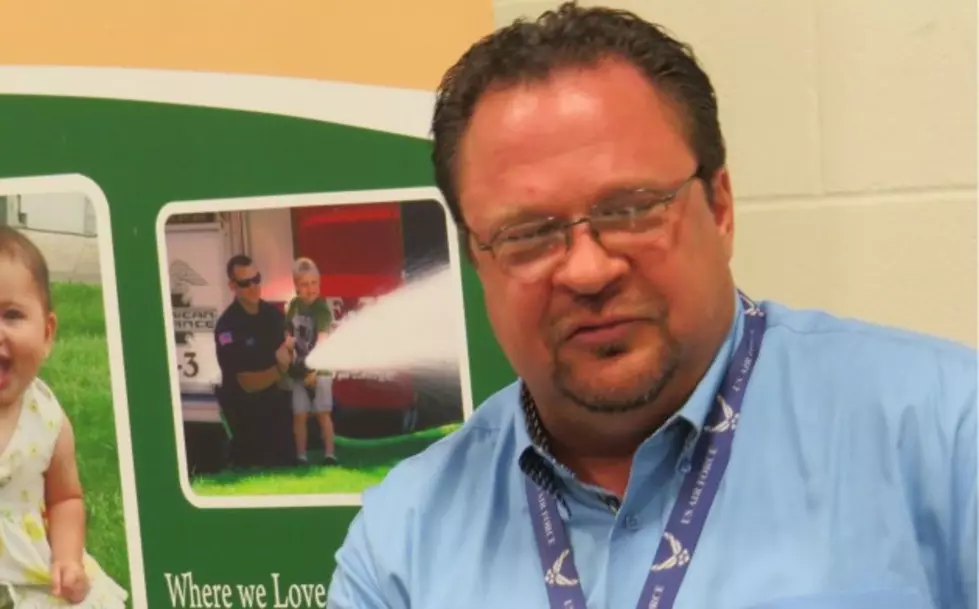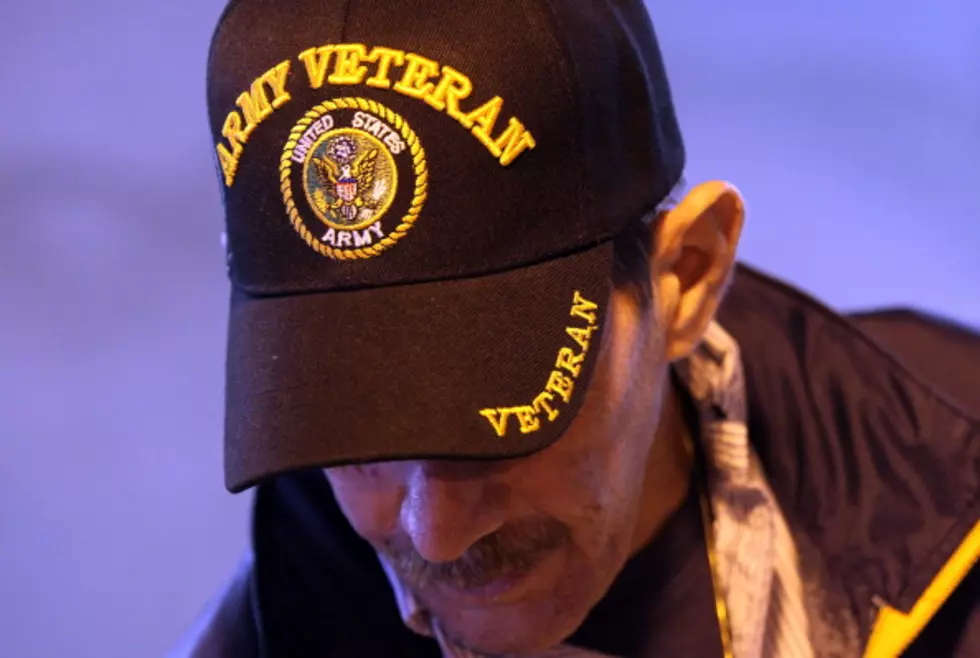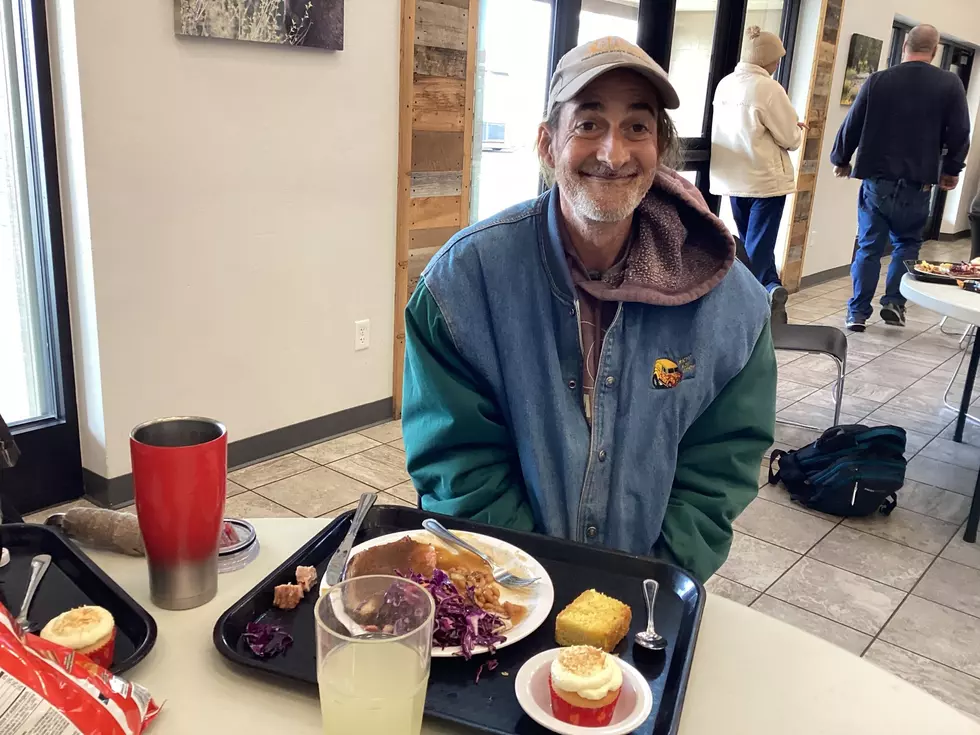
Former Homeless Vet Helps Others “Stand Down”; Agencies Offer Assistance
- Tom Morton, Townsquare Media
On May 8, 2009, Brett Pool woke up in the psych ward of the Sheridan Veterans Administration Medical Center after a long slide from his Air Force days 20 years earlier.
The former radar operations unit airman from Billings had been diagnosed with P-COD, or Post Traumatic Stress Disorder-Co-Occurring Disorder, which meant he had multiple serious problems going on at the same time, he said.
Pool, now 45, landed there after years of taking drugs for a heart problem caused by a chemical or biological agent related to his forward radar ops assignment, scarfing pain pills for a foot crushed in a construction accident, and consuming cocaine and alcohol and who-knows-what to self-medicate his bipolar disorder, he said.
The May 2009 wake-up call woke him up, he said. "The sobriety took."
After he was stabilized medically, he entered the Sheridan VA's program for homeless veterans.
Homelessness didn't happen overnight.
After the Air Force, he worked construction, set up and ran a service department for his dad's RV store in New Mexico, and working as a tech on RVs in Billings.
But the addictions wore him down, and housing devolved from stable to temporary to couch-surfing for the two years before May 2009, he said. "I started living in places for shorter and shorter times."
For a guy who prided himself on his outward appearance regardless of how messed up his mind was, Pool didn't like owning up to the embarrassment that he didn't have roots anymore.
"It was a hard step for me," he said.
But the program changed his life, and now he's returning the favor as the coordinator of the homeless veterans supported employment program, or HVSEP.
Thursday, he represented the program along with representatives of the Casper Housing Authority at the fourth annual Homeless Veterans Stand Down at the Casper Armory.
These "Stand Downs," a military term for relaxing a unit from an active stance, occur nationwide and have
A couple dozen vets came in from the rain for haircuts, showers, hot home-cooked meals by the American Legion ladies auxiliary, free clothing, and information from the housing authority, Small Business Administration, Red Cross, Wyoming211.org social service directory, Interfaith and other agencies.
These and other organizations including churches began addressing the homeless veteran problem in earnest about four years ago, said social worker Will Banks, who works with homeless vets at the Sheridan VA Medical Center.
Banks and Pool said they've seen a decline in Wyoming, although they didn't have any figures.
However, their observation corresponds with a November 2013 report by the independent Stars and Stripes news organization that there were about 58,000 homeless vets last year, down from more than 76,000 homeless vets in 2010 when the military began addressing the problem in earnest.
According to the National Coalition for Homeless Veterans, 12 percent of the homeless adult population are veterans, 32 percent reside in suburban or rural areas, 51 percent have disabilities, and 70 percent have substance abuse problems.
The VA has a goal of ending homelessness among veterans by the end of 2015, Banks said.
More From K2 Radio
![Cheyenne VA Hosts Homeless Veterans Stand Down [GALLERY]](http://townsquare.media/site/99/files/2016/10/Homeless-Veterans-Stand-Down-008-2016.jpg?w=980&q=75)








